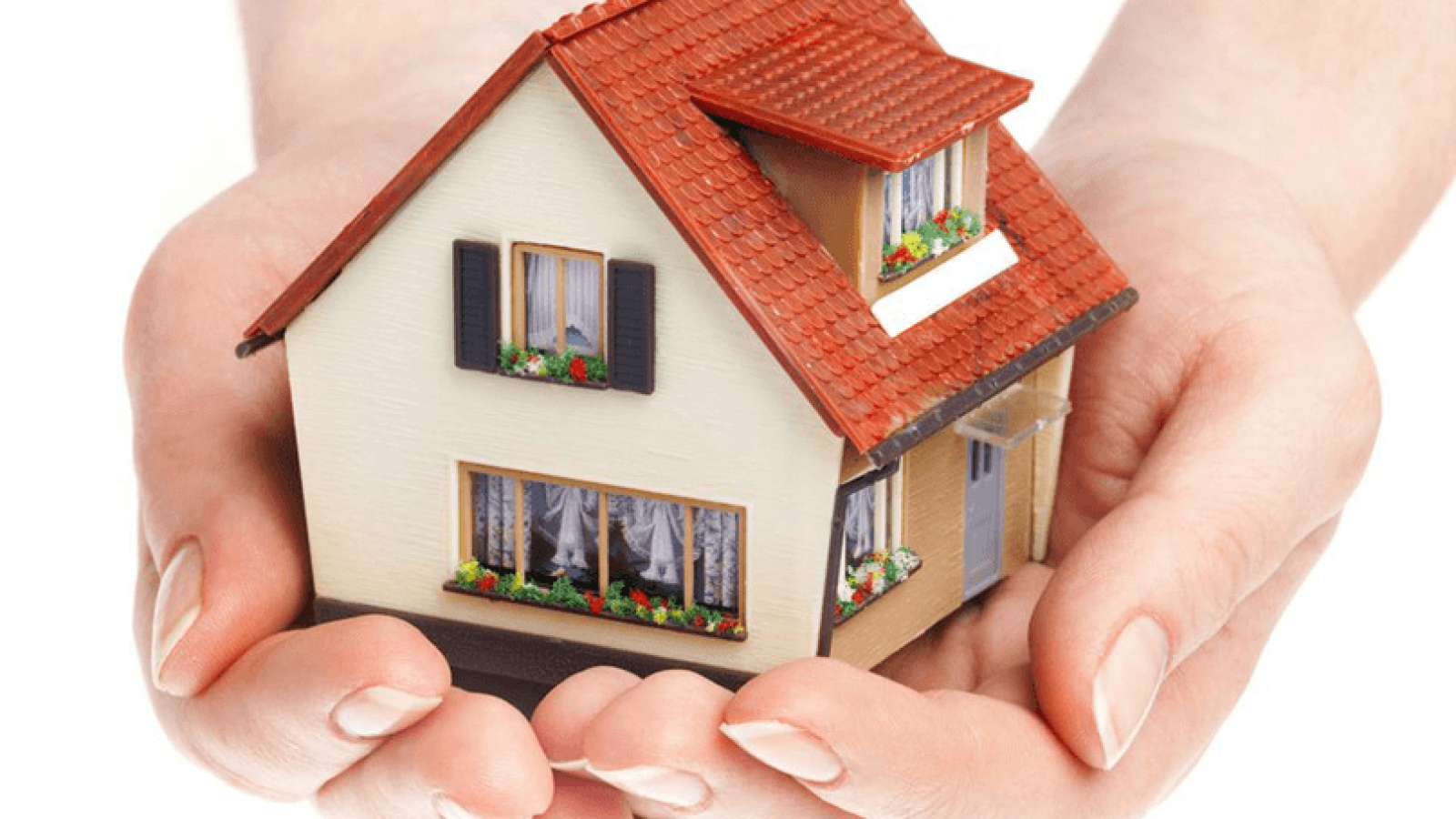Introduction: Sustainability has become a central focus in the construction industry, with homeowners increasingly seeking ways to make their homes more environmentally friendly. Whether you’re building a new home or renovating an existing one, incorporating sustainable practices can offer numerous benefits, from reducing your environmental impact to lowering energy costs. In this blog post, we’ll explore the key benefits of sustainability in construction and why it’s a smart choice for homeowners.
Lowering Energy Costs
One of the most immediate and tangible benefits of sustainable construction is the potential for significant savings on energy costs. Homes built or renovated with energy efficiency in mind consume less power for heating, cooling, and lighting, which can translate into lower utility bills. This is achieved through the use of energy-efficient appliances, better insulation, and advanced heating and cooling systems that require less energy to maintain comfortable temperatures.
For example, installing energy-efficient windows and doors can significantly reduce heat loss in the winter and keep your home cooler in the summer, reducing the need for artificial heating and cooling. Additionally, energy-efficient lighting systems, such as LED bulbs, use less electricity and last longer than traditional lighting options, further reducing energy consumption and costs.
Enhancing Property Value
Sustainable homes are not only cost-effective to run but also tend to have higher property values. As awareness of environmental issues grows, more homebuyers are looking for properties that align with their values, including homes that are energy-efficient and environmentally friendly. By investing in sustainable construction, you’re not only reducing your carbon footprint but also making a smart financial investment that can pay off in the long term.
Features such as solar panels, energy-efficient windows, and green building materials are increasingly in demand and can make your home more attractive to potential buyers. Moreover, homes with lower operating costs and eco-friendly features are often valued higher in the market, giving you a competitive edge when it comes time to sell.
Improving Indoor Air Quality
Sustainable construction practices also contribute to healthier living environments. Traditional construction materials often contain harmful chemicals and pollutants that can negatively impact indoor air quality. By contrast, sustainable materials are typically free of volatile organic compounds (VOCs) and other harmful substances, resulting in a cleaner, healthier indoor environment.
For instance, using low-VOC paints, adhesives, and finishes can significantly reduce the presence of harmful chemicals in your home, improving air quality and reducing the risk of respiratory issues. Additionally, sustainable construction often includes better ventilation systems, which help to circulate fresh air and remove pollutants, creating a healthier living space for you and your family.
Reducing Environmental Impact
At its core, sustainable construction is about reducing the environmental impact of building practices. This is achieved through the use of eco-friendly materials, energy-efficient systems, and waste reduction strategies. By choosing sustainable construction, you’re contributing to the preservation of natural resources and helping to minimize the carbon footprint of your home.
For example, using recycled or reclaimed materials in your construction project reduces the demand for new raw materials and helps to divert waste from landfills. Similarly, installing water-efficient fixtures and systems can reduce your home’s water consumption, helping to conserve this precious resource.
Conclusion: Sustainability in construction offers a multitude of benefits for homeowners, from lowering energy costs and enhancing property value to improving indoor air quality and reducing environmental impact. By incorporating sustainable practices into your home construction or renovation project, you can create a living space that is not only better for the planet but also more comfortable, cost-effective, and valuable in the long term. As the demand for sustainable homes continues to grow, investing in green building practices is a smart choice for any homeowner.


Add a Comment